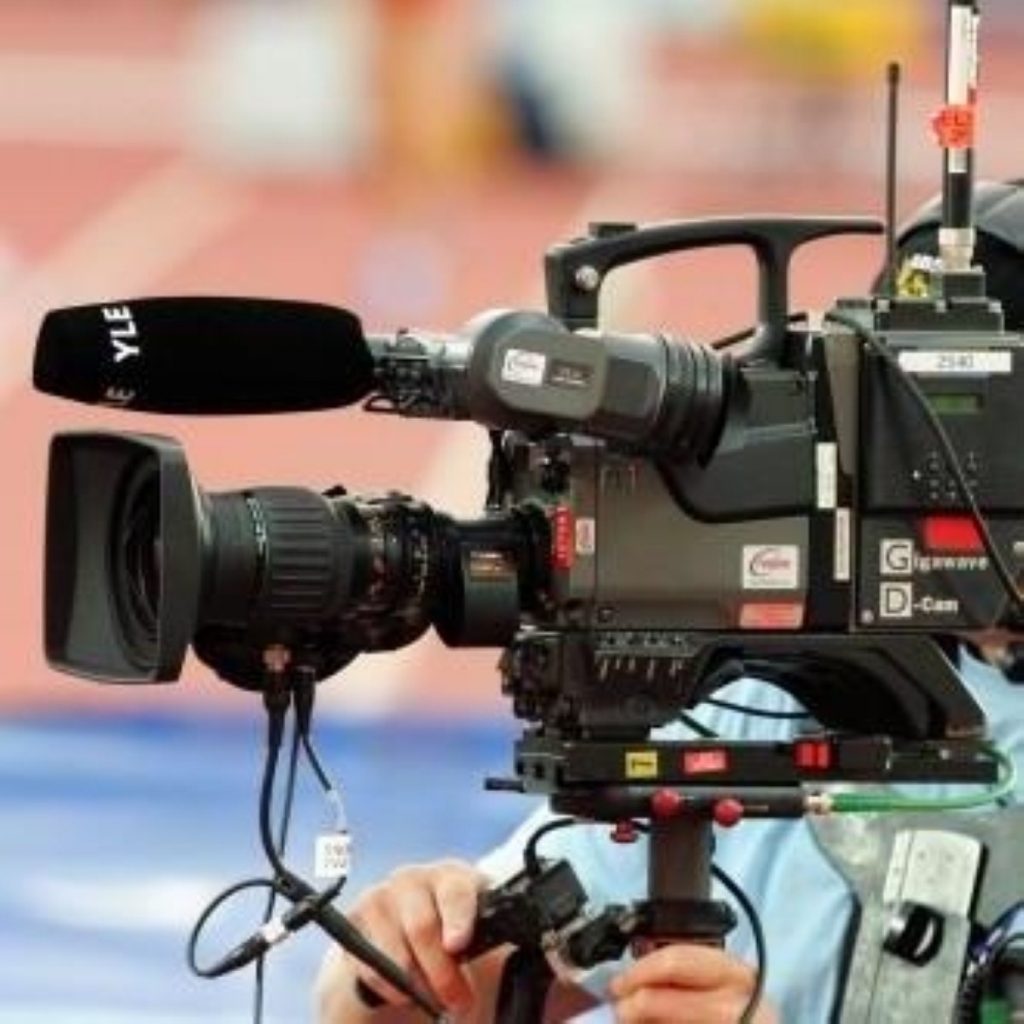Taxpayers’ cash ‘used for spin’
The government is using taxpayers’ money to fund a “bloated army of spin”, the Conservatives have claimed.
New research by the party reveals there are currently 3,259 press officers employed by the government, while marketing and advertising costs reached £322 million last year.
Shadow Cabinet Office secretary Oliver Heald accused ministers of using money that should have been spent on public services to make the government look good.
“Tony Blair, Gordon Brown and their army of quangocrats have bankrolled a bloated army of spin doctors, politicising the civil service and creating a corrosive culture of spin in the heart of Whitehall,” he said.


However, a spokeswoman for the Cabinet Office rejected the Conservatives’ claims, saying the government had a “duty to communicate with the public”.
In a world of 24-hour news services, it was inevitable that governments needed many press officers, she said, but stressed that the figures the Tories were using also included staff at non-governmental organisations such as the Royal Mail and the BBC.
She added: “The government has built a network of communicators who are equipped with the highest professional standards.”
The Conservatives’ figures, which come from an analysis of the latest internal handbook of government press officers, finds the Ministry of Defence (MoD) employs 229 communications staff, the most of any department.
Next on the ‘spin doctor’ scale is the Department for Work and Pensions (DWP) with 181, the Home Office with 145, the Department for Health with 117 and Defra with 107.
And despite no longer having a proper government department, John Prescott – whose responsibilities were removed in the May cabinet reshuffle and passed to the new Department for Communities and Local Government – employs three press officers.
As a result, the cost of government public relations, marketing and advertising has trebled since Labour came to power to £322 million last year.
“The fact is the government should be spending what is increasingly hard to come by – the taxpayers’ cash – on things which actually benefit people and not on communicating to people to try to persuade them they’ve benefited by things which are actually going wrong,” Mr Heald added.
He also questioned how the spiralling costs of public relations fit with Gordon Brown’s efficiency savings – the chancellor has pledged to save £21.5 billion by 2007-08.
However, the Cabinet Office spokeswoman insisted: “The phenomenon of web, explosion in 24-7 multichannel media and investment in staff and stakeholder communications make comparisons with 1997 largely meaningless.”









